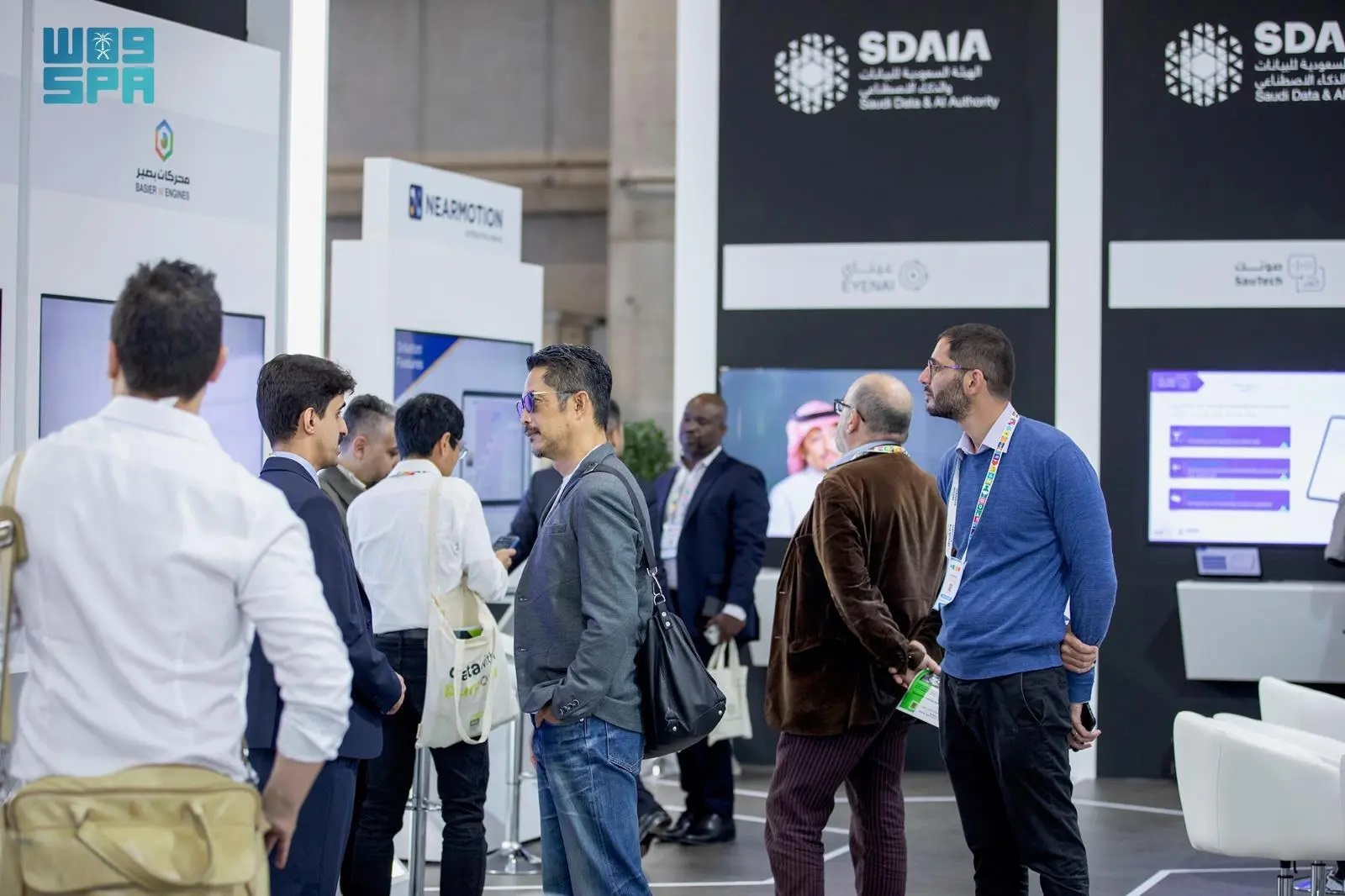
SDAIA Reviews Role of Ethics in Responsible AI Adoption for Urban Planning in Smart Cities in Barcelona
The Saudi Data and Artificial Intelligence Authority (SDAIA) has showcased its efforts to intensify international cooperation in applying AI ethics during a panel session held today at the International Conference and Exhibition on Smart Cities in Barcelona, Spain.
The conference, which concludes on Thursday, brought together over 600 speakers sharing experiences from more than 850 cities across 130 countries.
Deputy Chief Officer Strategy at SDAIA Dr. Abdulrahman Habib, discussed the role of ethics in the responsible adoption of AI for urban planning during a session titled, "AI Ethics in Urban Planning." He highlighted the efforts of the Kingdom of Saudi Arabia, represented by SDAIA, in this field, including the announcement to jointly establish with UNESCO the International Center for AI Ethics and Research (ICAIRE). The center, approved by the Saudi Cabinet will be based in Riyadh, is classified as a Category 2 Center (C2C) under UNESCO's sponsorship.
The SDAIA booth at the conference has seen large number of visitors, where the authority's digital services and major innovations in building smart cities are on display. Among the digital services that attracted significant attention were the Saudi Private Network for Government Integration (SPINE) initiative, which aims to build an extensive integrated network system for virtual international and local connections with the National Information Center.
The "SPINE" initiative aims to connect over 300 government agencies for data and service exchange, standardize the integration process, reduce financial costs, and ensure fast and secure data exchange. It also aims to enable AI, smart cities, and IoT services, as well as strengthen operational robustness by applying AI algorithms to monitor performance and track service consumption indicators in real-time.
The SDAIA booth also showcased the (TALEEM) platform, an intelligent learning management system that enhances the educational process using the " ALLaM" model to offer a personalized experience for students at various levels of education. The platform uses Saudi Arabia's national curriculum to align learning outcomes with this curriculum, allowing students to learn in ways that best suit their unique learning styles.
Other offerings at the SDAIA booth included the Smart Cities Accelerator (T5), the National Charity Platform (Ihsan), and the SDAIA Academy, which aims to build national capabilities in the fields of data and AI. The academy leads various promising programs and activities in collaboration with local, regional, and global leaders in data and AI to nurture human capital, build high-efficiency national capabilities, and prepare them for future professions.








